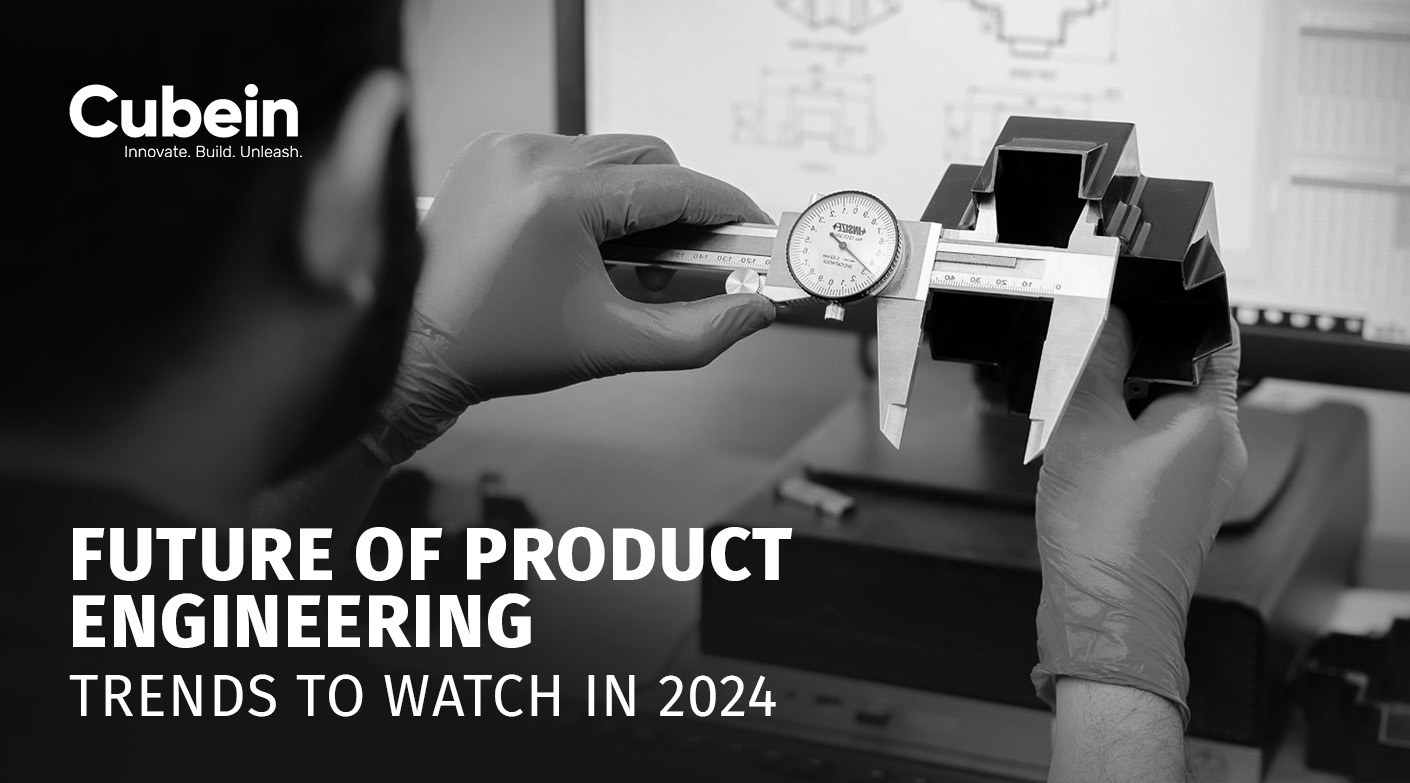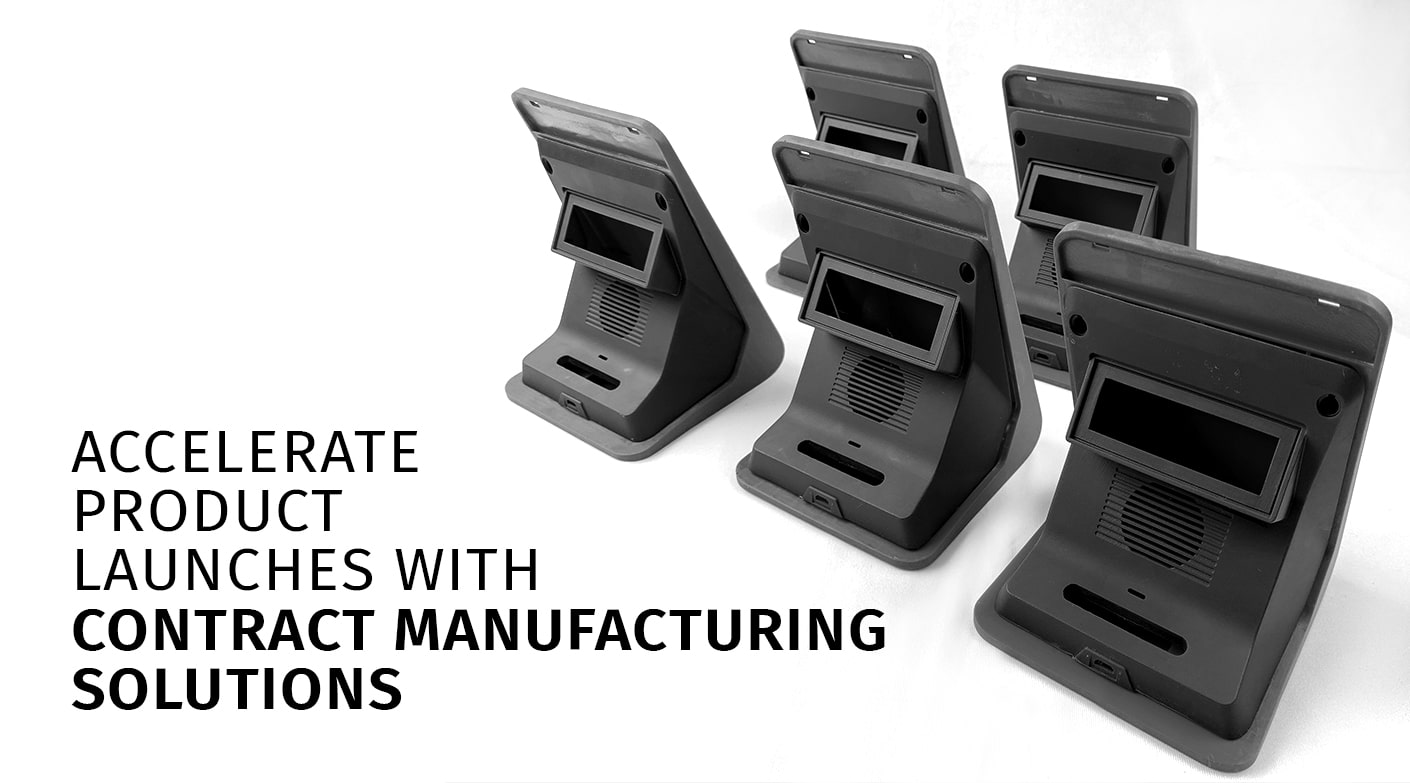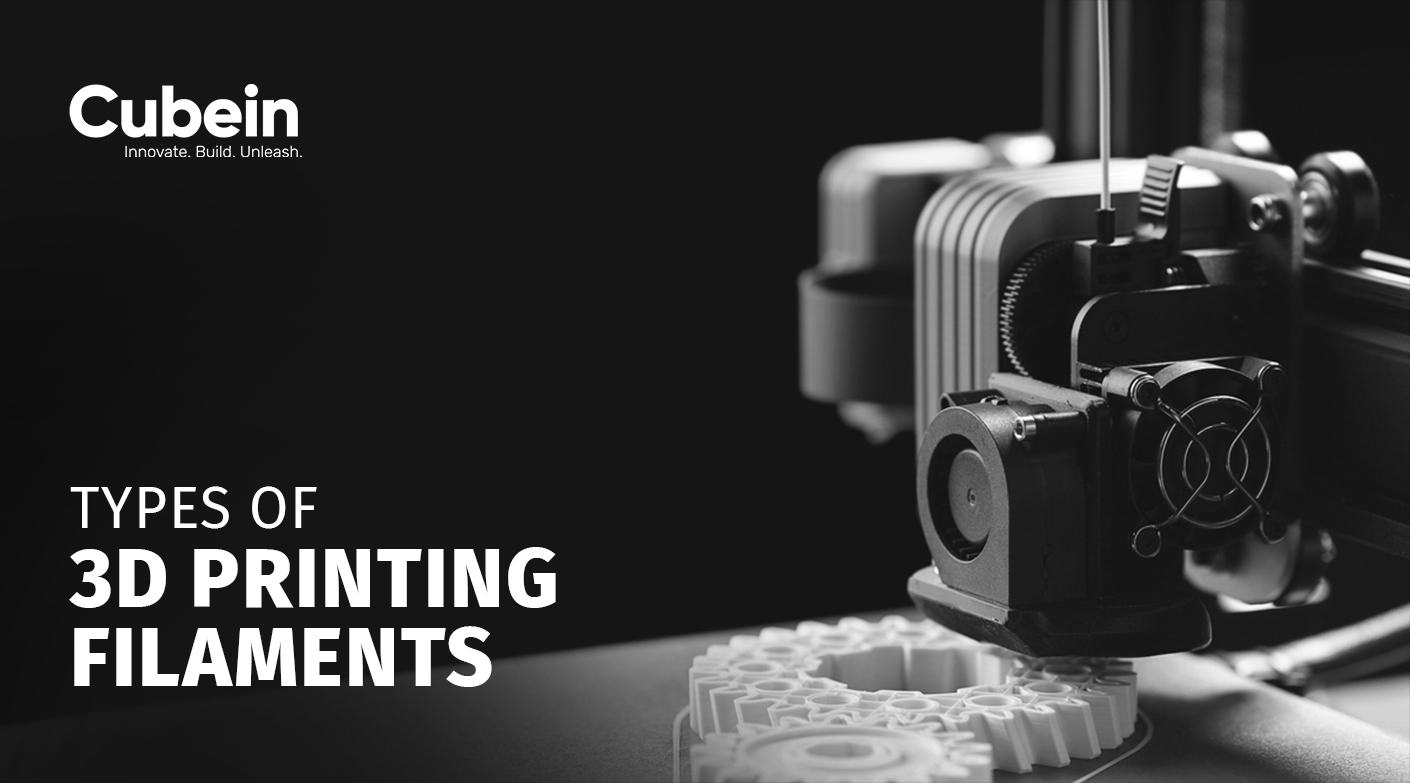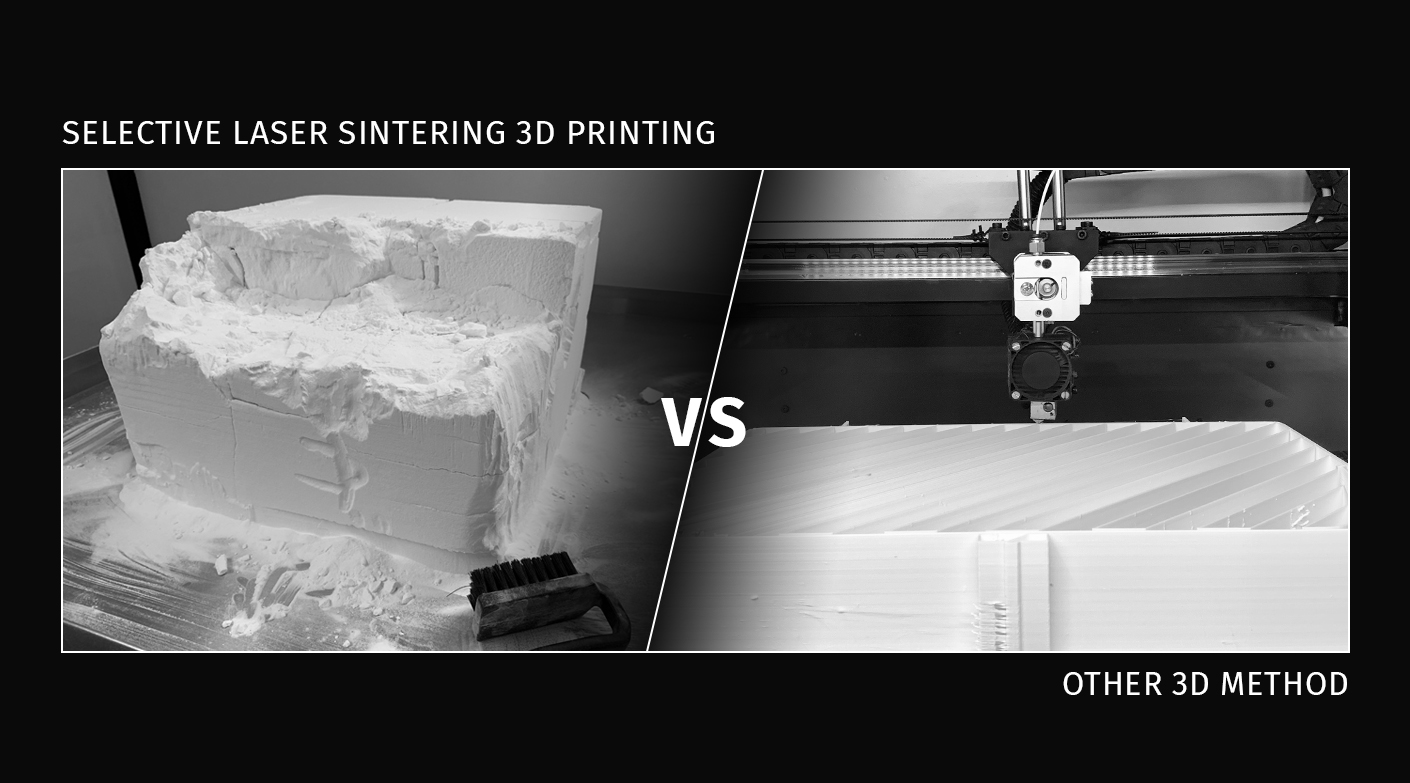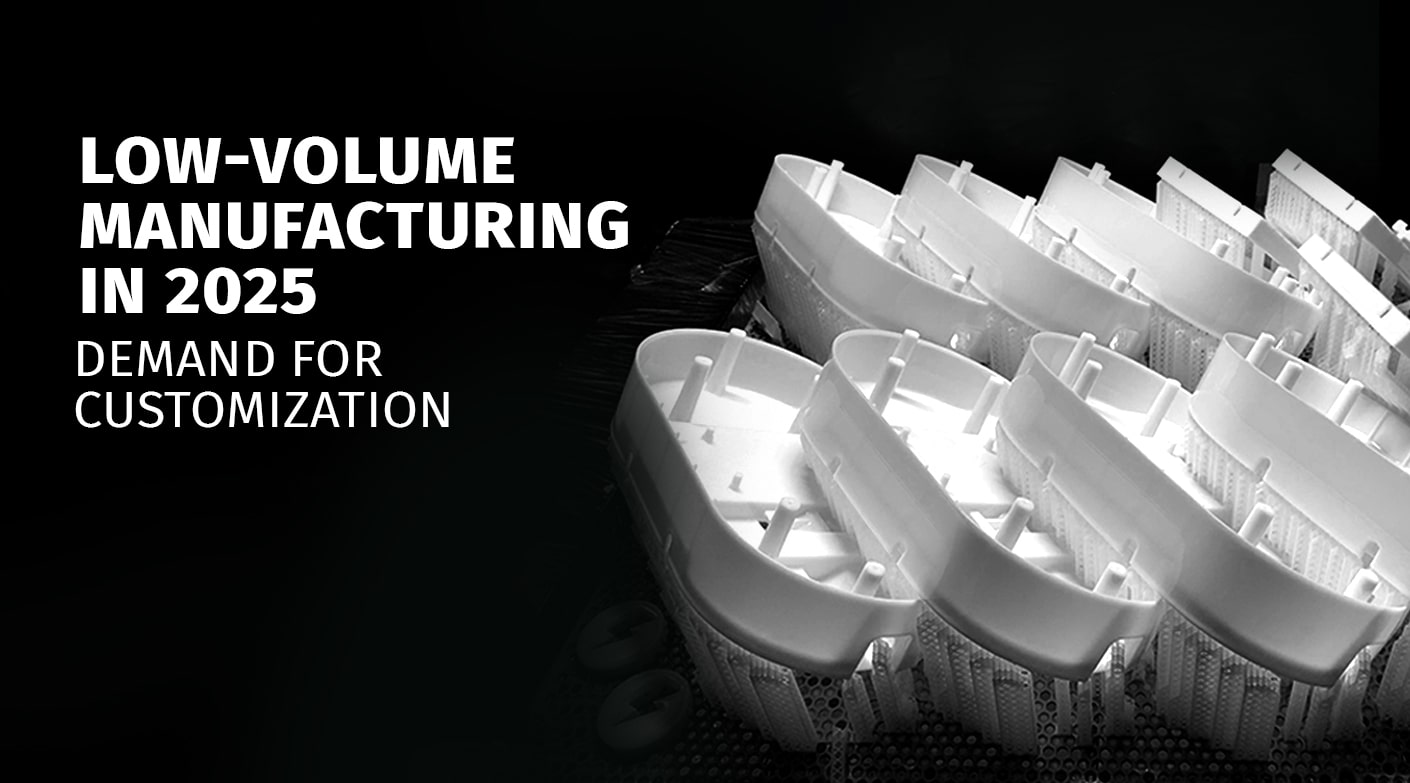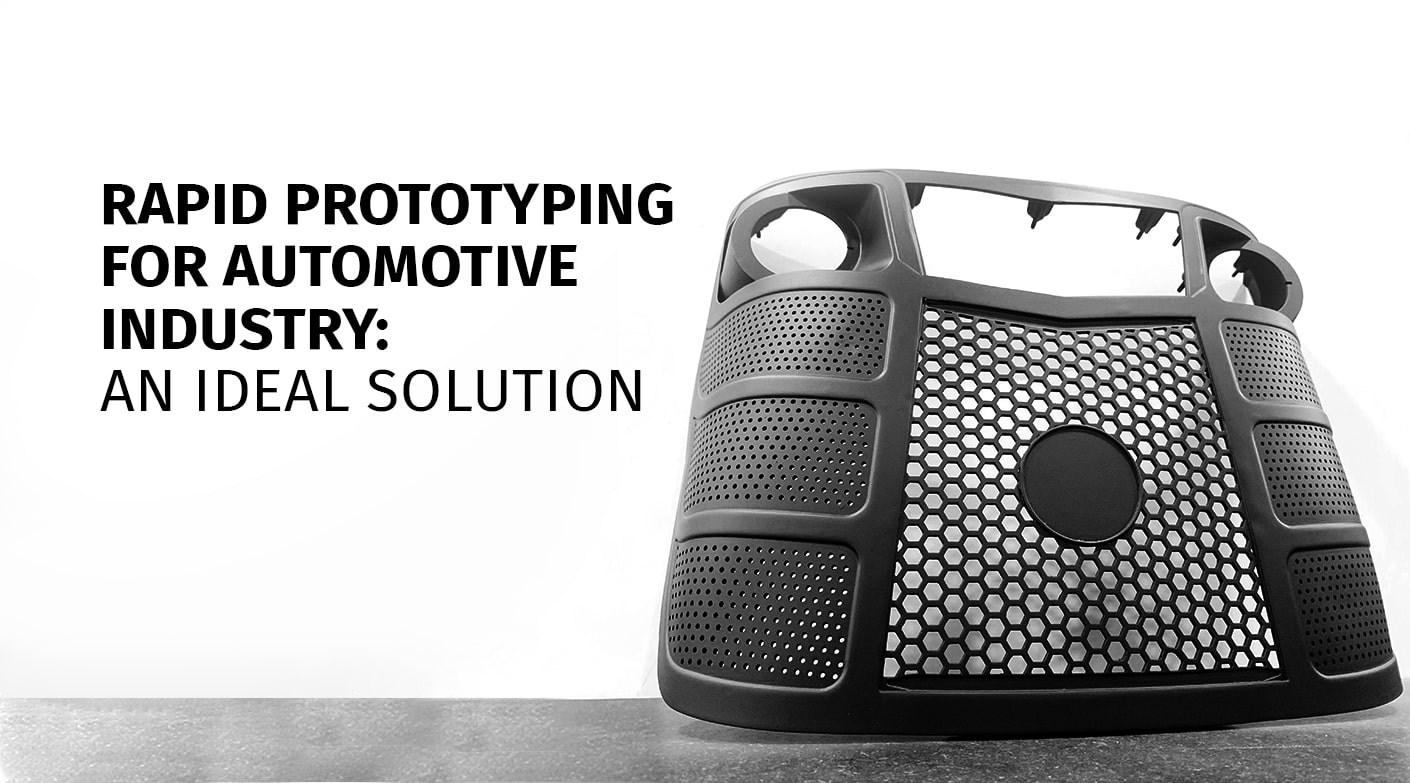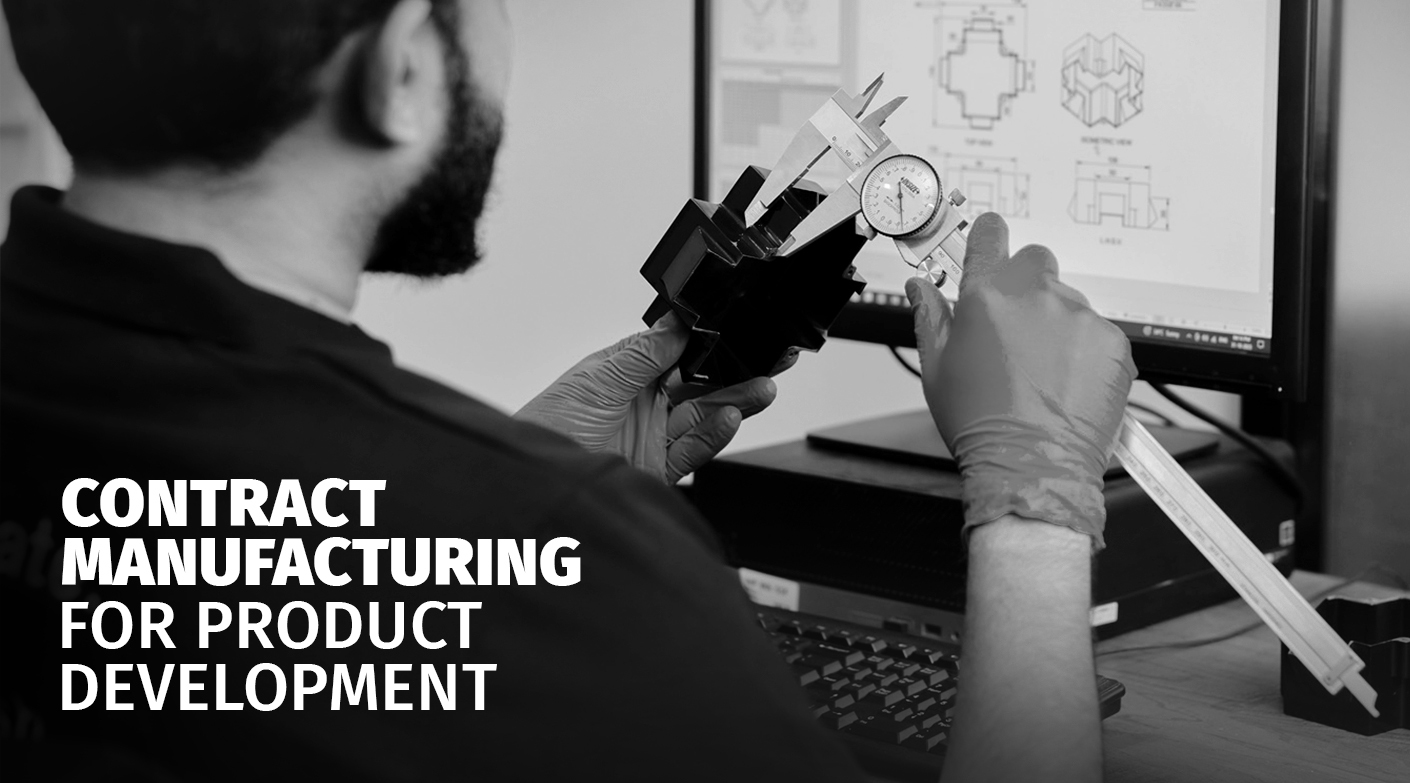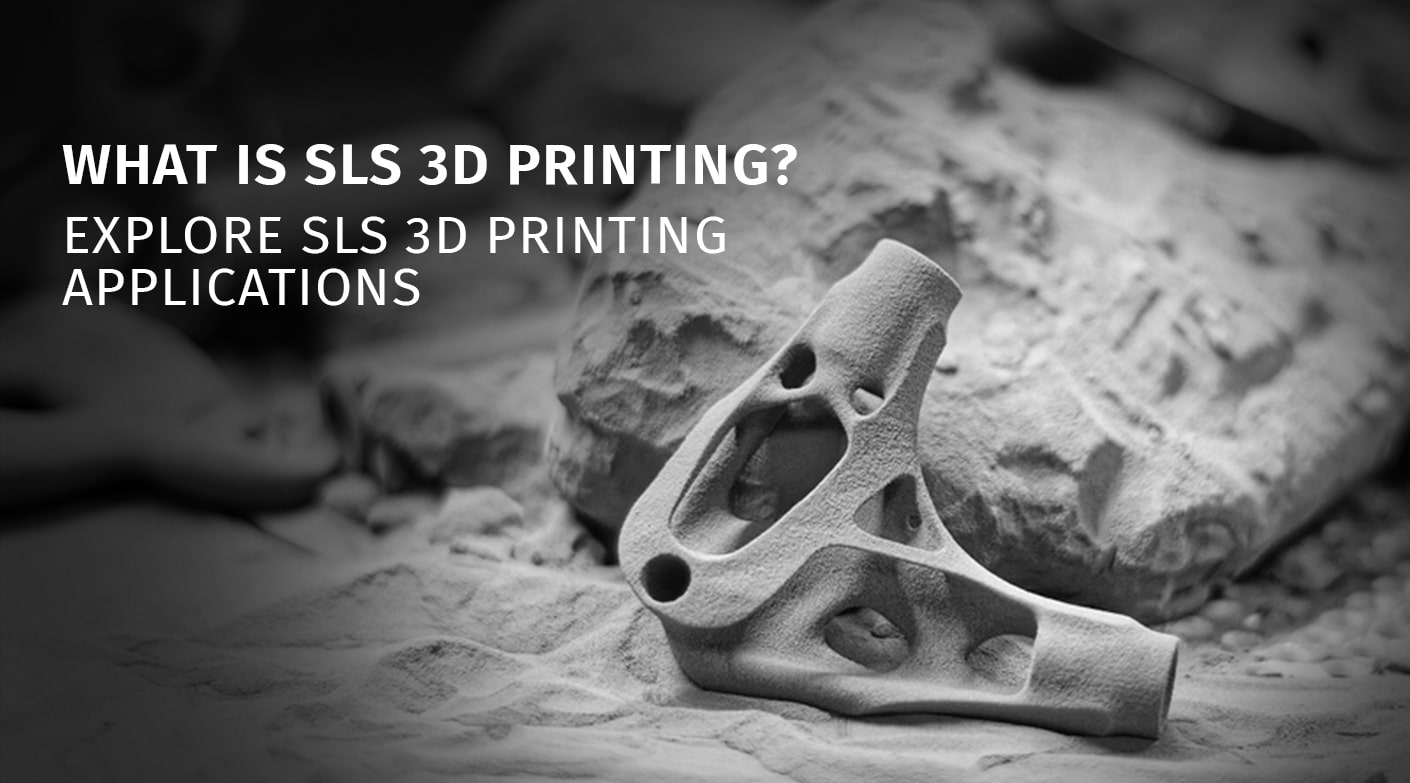In the dynamic industry of product engineering, the demand for cutting-edge solutions and innovative approaches is at an all-time high. As we embark on the journey into 2024, the realm of product prototype development services takes center stage in the realm of technological advancement and evolution. With the advent of digitalization and Industry 4.0, businesses are embracing novel methodologies to streamline their product development processes and gain a competitive edge in the market. Amidst this transformative journey, trends such as 3D Printing and rapid prototyping are reshaping the future of product engineering, ushering in unprecedented opportunities and advancements.
3D Printing: Revolutionizing Prototyping and Beyond
As we delve deeper into the product prototype development services, it becomes increasingly evident that 3D Printing stands out as a cornerstone technology revolutionizing the industry. This additive manufacturing technique empowers engineers and designers to fabricate prototypes rapidly, boasting intricate designs and complex geometries. With unparalleled efficiency, 3D Printing enables iteration and refinement of concepts, driving innovation in product development. Beyond prototyping, its versatility extends to the production of end-use parts and customized components with precision and accuracy. By reducing time-to-market and mitigating risks, 3D Printing has become an indispensable tool in the arsenal of product engineers, accelerating product development cycles and fostering innovation.
Rapid Prototyping: Enhancing Agility and Collaboration
In parallel, rapid prototyping emerges as a vital enabler in the pursuit of agility and flexibility in product engineering. By leveraging rapid prototyping techniques, businesses can expedite the validation of design concepts, identify potential flaws, and iterate on solutions in real-time. This iterative approach not only fuels innovation but also enhances collaboration and communication across multidisciplinary teams. As technological innovation accelerates, rapid prototyping’s role becomes increasingly prominent, empowering businesses to stay ahead of the curve and adapt to evolving market demands.
Advanced Indian Original Design Manufacturers (ODMs): Driving Innovation Globally
Amidst these transformative trends, the emergence of Advanced Indian Original Design Manufacturers (ODMs) like Videotex, Evnzee, Cubein, Imaginarium etc. heralds a new era of innovation and ingenuity in product engineering. These forward-thinking enterprises harness indigenous capabilities and expertise to deliver cutting-edge solutions tailored to global markets’ needs. By leveraging advanced technologies and fostering a culture of innovation, Advanced Indian ODMs redefine the product engineering landscape, driving sustainable growth and competitiveness on a global scale.
Exploring Key Trends in Product Engineering for 2024
In the ever-evolving landscape of product engineering, several key trends are poised to shape the industry in 2024 and beyond. These trends represent the convergence of technological advancements, shifting consumer preferences, and evolving market dynamics, driving innovation and transformation across various sectors.
Advanced Manufacturing Technologies
Advancements in manufacturing technologies, such as additive manufacturing (3D printing), robotics, and automation, continue to revolutionize the way products are designed, prototyped, and manufactured.
Sustainability and Environmental Consciousness
As environmental concerns become increasingly prominent, there is a growing emphasis on sustainability and eco-friendliness in product engineering.
Digital Twin Technology
Digital twin technology, which involves creating virtual replicas of physical products or systems, is gaining traction in product engineering.
Personalization and Customization
Consumer demand for personalized and customized products continues to rise, prompting manufacturers to adopt flexible and agile production processes.
Internet of Things (IoT) Integration
The integration of IoT technology into product engineering enables connected and smart products that can communicate, analyze data, and interact with users or other devices.
Augmented Reality (AR) and Virtual Reality (VR) Applications
AR and VR technologies are increasingly being used in product engineering for visualization, design validation, and customer engagement.
Agile and Collaborative Development Processes
Agile methodologies and collaborative development processes are gaining traction in product engineering, enabling cross-functional teams to work together seamlessly and adapt quickly to changing requirements.
In Summary
The trends in product engineering for 2024 reflect a convergence of technological innovation, sustainability imperatives, and changing consumer expectations. By embracing these trends and leveraging advanced technologies. Cubein can drive innovation, enhance competitiveness, and deliver products that meet the demands of an ever-evolving market landscape. As we look ahead to 2024 and beyond, the future of product engineering holds immense promise, driven by transformative trends and a relentless pursuit of excellence.




